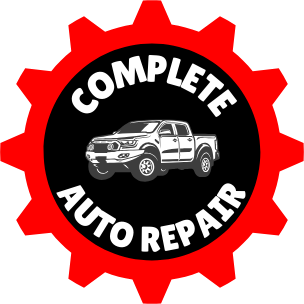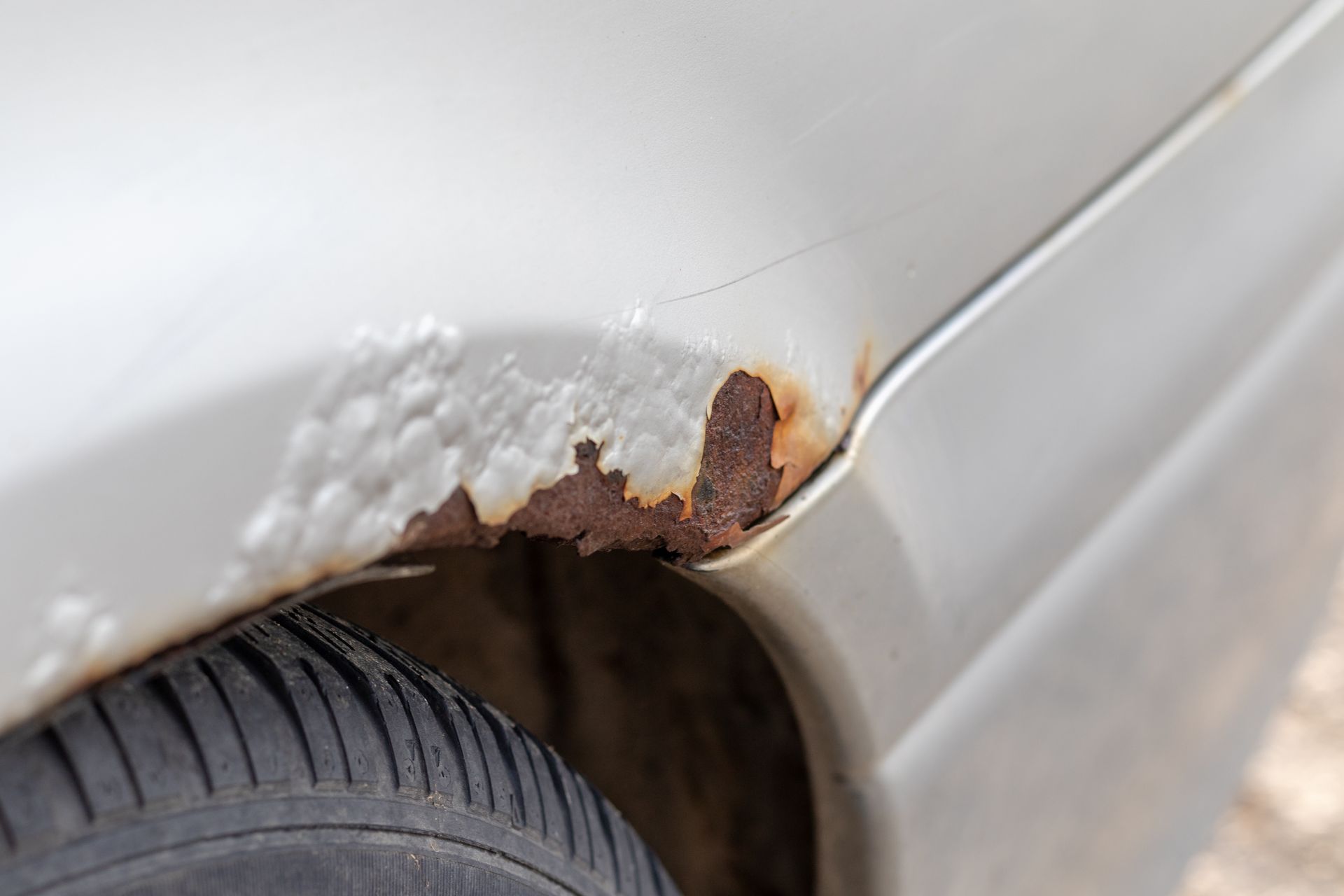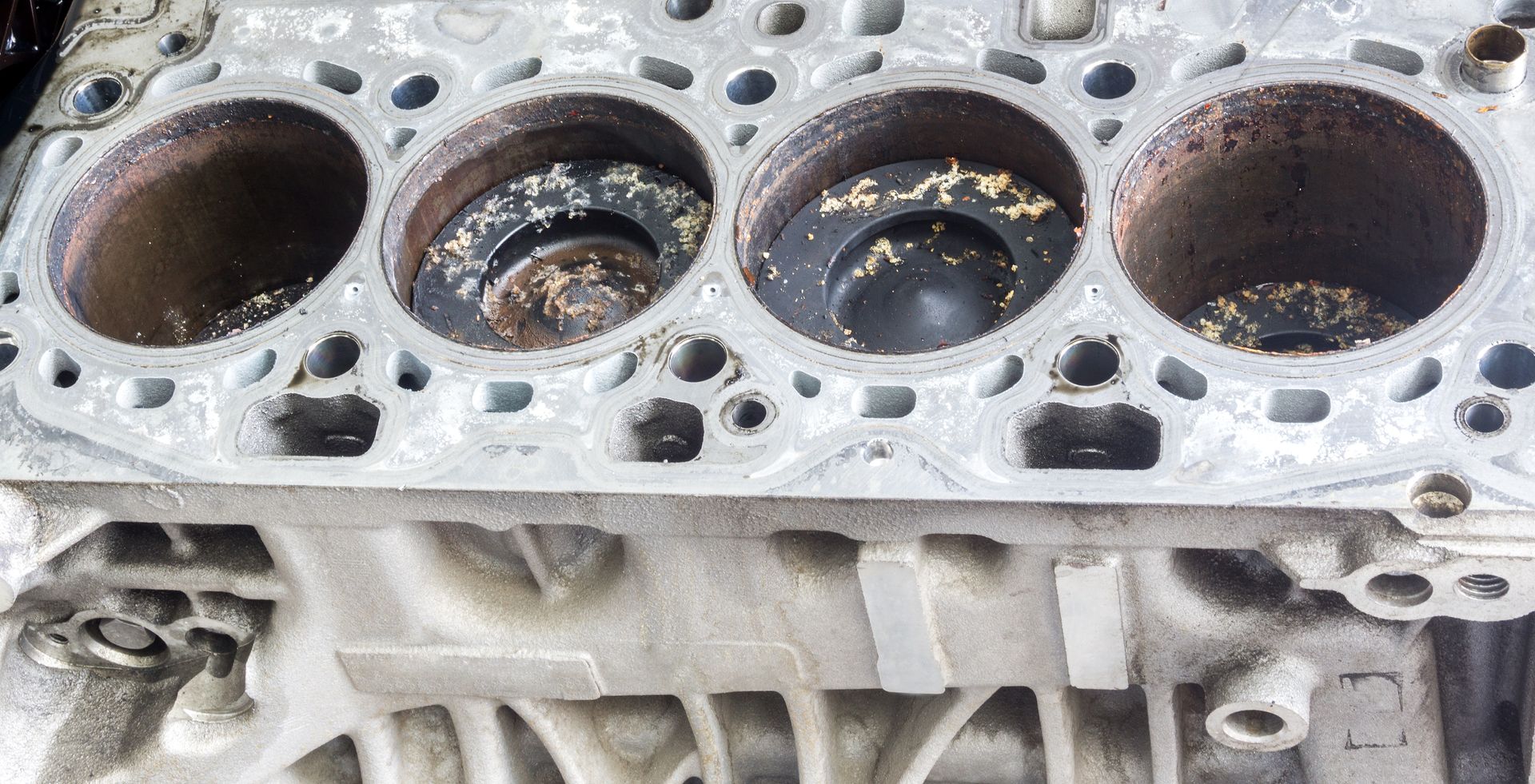Formerly LK's Auto | Under New Management
LK's Auto is now Complete Auto Repair!
We are under new management and a one-stop auto repair shop offering the same exceptional level of service you can trust.
Loading ...
Missing business hours data / Error occurred while getting the data.
Formerly LK's Auto | Under New Management
LK's Auto is now Complete Auto Repair!
We are under new management and a one-stop auto repair shop offering the same exceptional level of service you can trust.
Loading ...
Missing business hours data / Error occurred while getting the data.
Why Does My Car’s Steering Feel Loose?
February 28, 2025
When you're driving, your car's steering should feel tight and responsive—like an extension of your own hands. If it starts to feel loose or vague, it can be super frustrating and downright dangerous. You might notice too much play in the steering wheel, making it tough to keep your car in the lane or to react quickly when you need to turn. This issue often sneaks up on you, but it usually stems from worn-out suspension parts, problems with the steering system itself, or alignment issues.
If you ignore it for too long, it could lead to even worse handling and might compromise your safety on the road. It’s really important to catch these problems early and get them checked out by a professional. That way, you can get everything back to feeling precise and under control before it escalates into something bigger.
Worn-Out Tie Rods and Steering Linkages
Tie rods connect your steering system to the wheels, allowing you to turn your car with precision. Over time, these components wear down due to road impacts, age, and general use. When tie rods become loose or damaged, your steering may feel unresponsive, requiring more effort to maintain control. Other steering linkages, such as the center link and idler arm, can also wear out, further reducing the stability of the steering system. If the problem isn’t addressed, excessive play in the tie rods could lead to dangerous situations where the wheels do not respond immediately to steering input.
Issues with the Steering Rack
The steering rack is the heart of the system, converting the rotation of your steering wheel into the side-to-side movement of the wheels. A failing rack can cause a disconnected or sluggish feel, making it harder to maintain a straight course on the road. Fluid leaks, worn-out gears, or damaged internal components can all lead to this problem. Some drivers notice inconsistent steering effort, where the wheel feels loose in some positions but tight in others. Since steering racks are essential for stability, any issues should be addressed before they lead to unpredictable handling.
Suspension Wear and Loose Ball Joints
A vehicle’s suspension system works hand in hand with the steering system to provide stability and control. If components like ball joints, bushings, or control arms wear out, they introduce unnecessary movement in the wheels, making the steering feel loose or unstable. This can also cause the car to pull in different directions, requiring constant corrections to stay in a straight line. Worn ball joints, in particular, allow the wheels to move too freely, leading to noticeable steering play.
Misalignment and Tire Issues
Tire-related problems are a frequent cause of loose-feeling steering. Misaligned wheels can make the car drift from side to side, forcing the driver to compensate constantly. Uneven tire wear, improper inflation, or unbalanced tires can also contribute to steering instability. Many drivers assume a loose steering wheel is a mechanical failure, but in some cases, a simple alignment correction or tire adjustment can resolve the issue.
Power Steering System Problems
The power steering system is designed to assist in turning the wheels, but when it malfunctions, steering can become unpredictable. Low power steering fluid, failing pumps, or leaks in the hydraulic system can cause a disconnected feel in the steering wheel. Some drivers experience occasional stiffness followed by looseness, making it hard to gauge how much input is needed when turning. Vehicles with electronic power steering can also develop faults that mimic traditional steering issues, requiring specialized diagnostics.
When to Get Your Steering Inspected
A loose steering wheel is not just a minor inconvenience—it can be a warning sign of a more serious underlying issue. If your car wanders in the lane, take longer to respond when you turn the wheel or requires constant correction to stay straight, it’s time to get an inspection. Ignoring the problem can lead to further damage to suspension and steering components, increasing repair costs and putting your safety at risk. Addressing the issue early will ensure your vehicle handles as it should, providing stability and confidence behind the wheel.
Steering problems don’t fix themselves—if your car feels unstable,
Complete Auto Repair in Bremerton, WA, is here to help. Our experts specialize in diagnosing and repairing loose steering issues, ensuring your car remains safe and easy to control. Call today to
schedule an inspection and restore confidence in your vehicle’s handling!



Loading ...
Missing business hours data / Error occurred while getting the data.
Having Trouble
Finding Us?
Serving:
Loading ...
Missing nap lines data / Error occured while getting the data.







